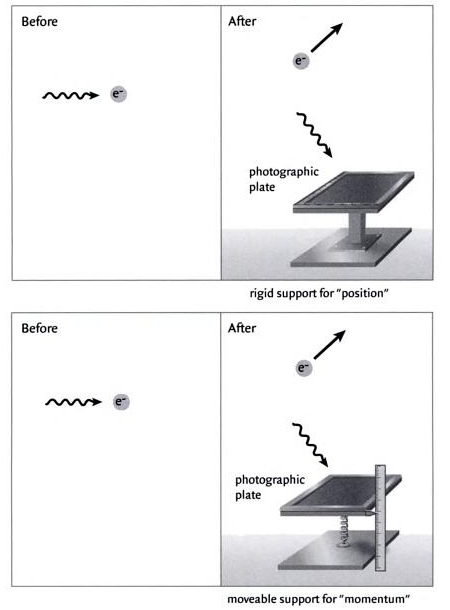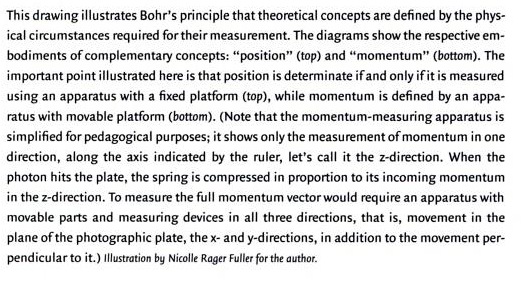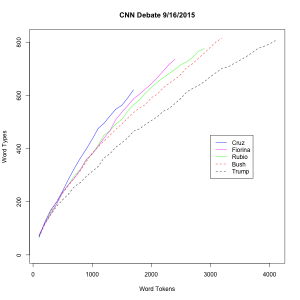Hi all! I’ve been eagerly following along with your progress on your projects. I wanted to share a CFP that seemed appropriate for the Civil War Sound group: http://soundstudiesblog.com/cfp-digital-humanities-and-listening-due-41016/.
For this year’s annual “World Listening Month” Forum, we are interested in posts considering the role of “listening” in the digital humanities. How have particular digital studies, projects, apps, and online archives addressed, challenged, expanded, played with, sharpened, questioned, and/or shifted “listening”? What happens to digital humanities when we use “listening” as a keyword rather than (or alongside) “sound”?




